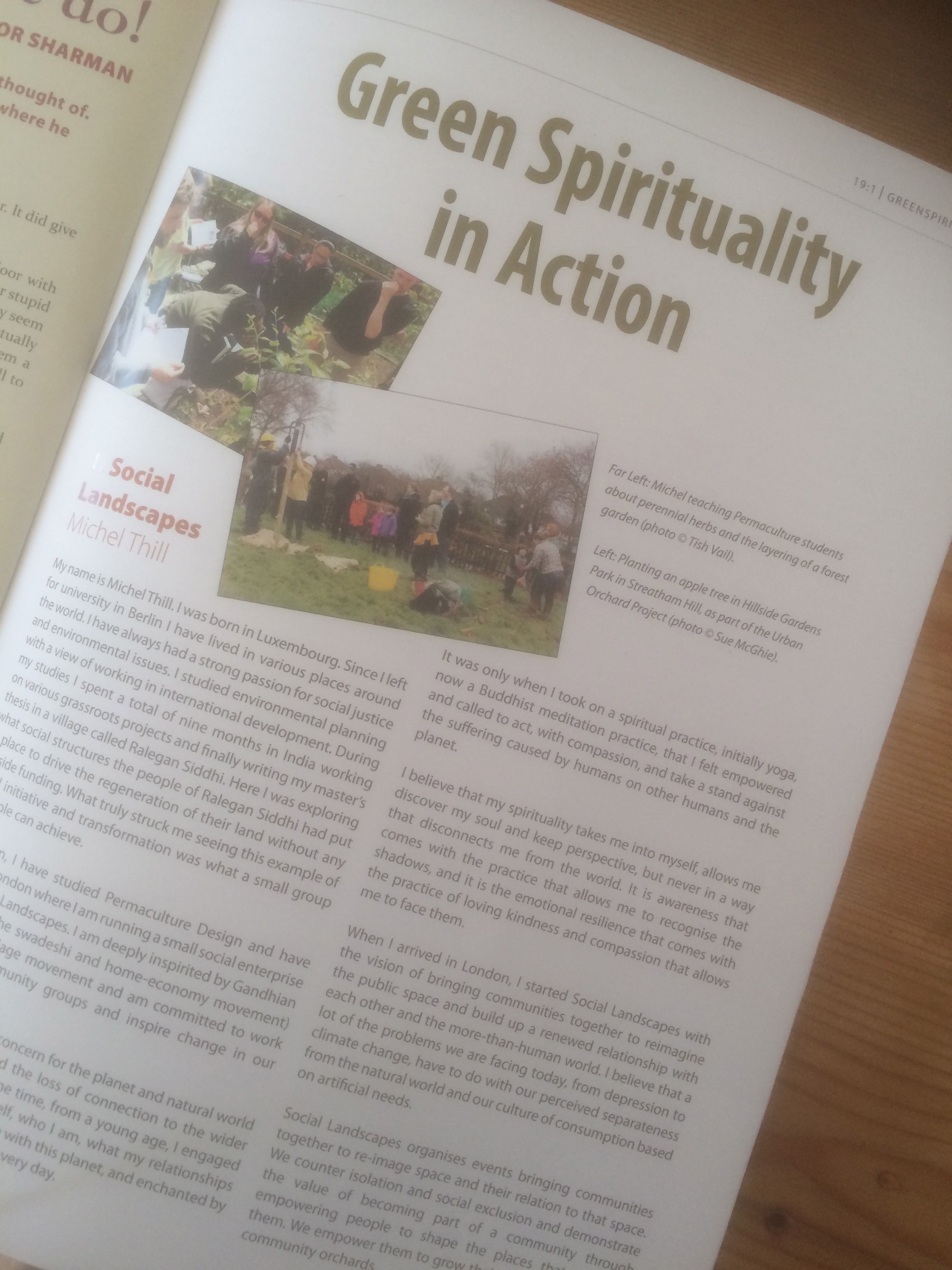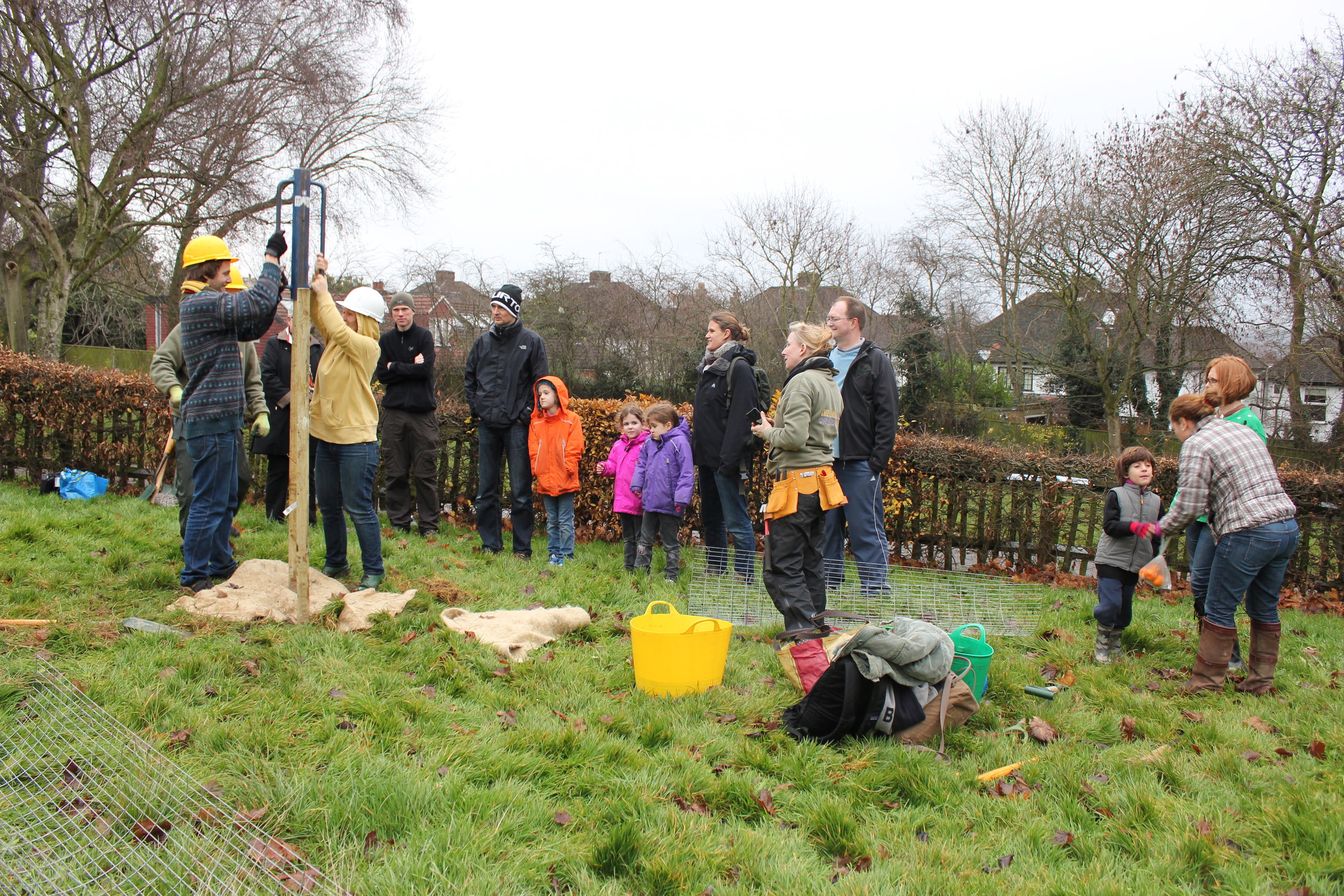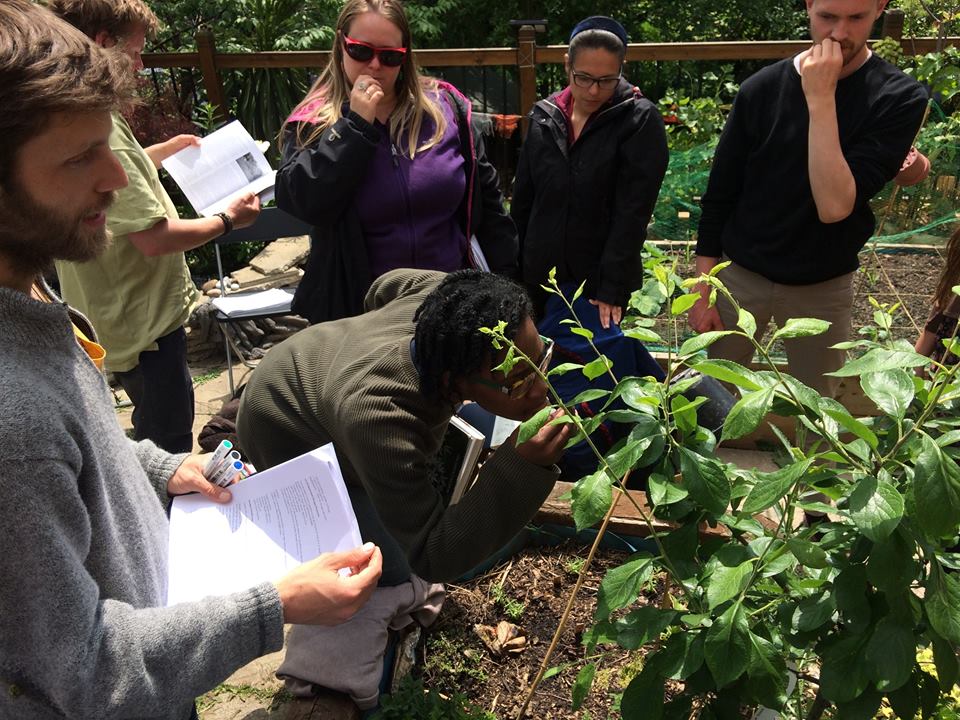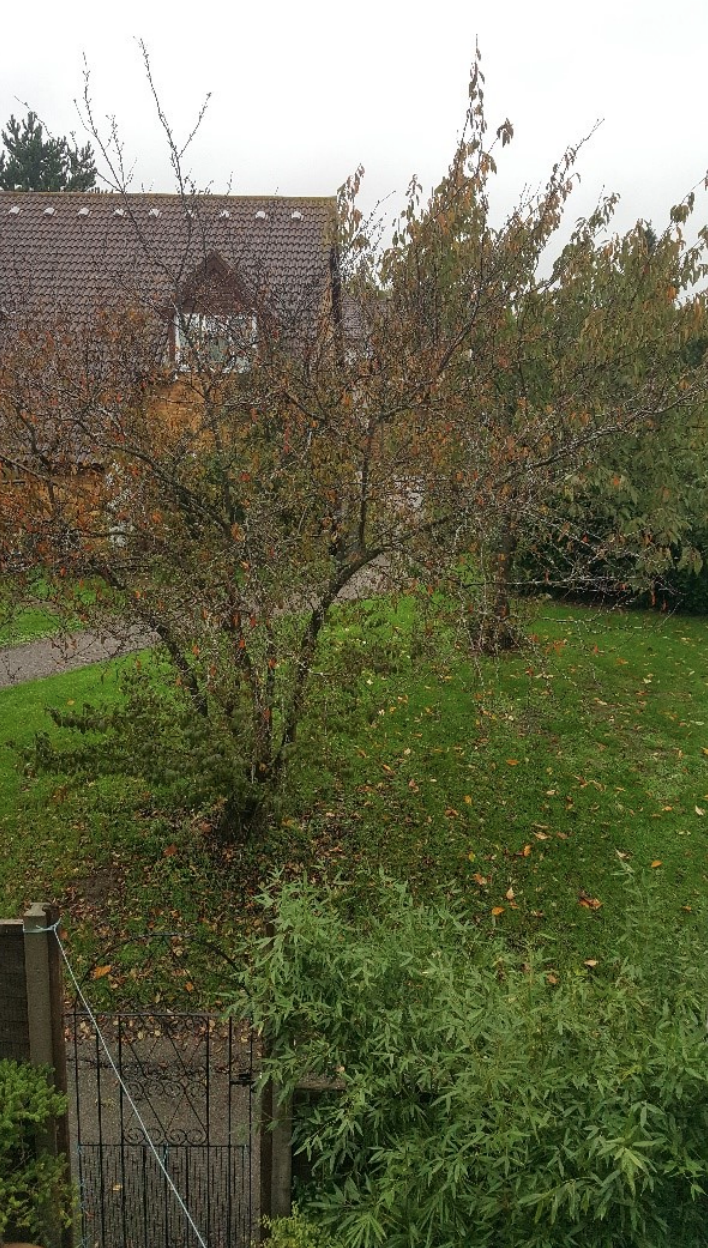5 motivi per cui la permacultura è diventata un movimento globale - Permacultura & Transizione
For those of you who prefer Italian, the previous blog post "5 reasons permaculture has become a global movement" was translated into Italian for the Magazine Permacultura & Transizione. See the whole article here.
There is a short profile and some additional Q&A by Social Landscapes founder Michel Thill in this quarter's Green Spirit Magazine.
For those of you who prefer Italian, the previous blog post "5 reasons permaculture has become a global movement" was translated into Italian for the Magazine Permacultura & Transizione. See the whole article here.
Veronica Simpson on the 'benefits of thinking outside the box' in FX magazine after attending a one day permaculture course with us. Read the full article here.
In the Permaculture Magazine, Ros Bedlow writes about the Permaculture for Transition workshop, she and Samantha Woods pioneered at our venue Treadwell first in January 2015, then again the same year in December. Read the article here.
Our Coming Back To Life Workshop, which we ran in Luxembourg exploring the psychology of change, is featured in the local Transition Magazine ö! Read the full article with interview here on page 13.
Social Landscapes featured in Resurgence & Ecologist Magazine. Thanks Jini!
We’re excited to share our surplus from previous courses by offering 4 bursary places on our upcoming Online Permaculture Design Course!
One of the projects I work on is a private garden in Totnes. It is just under 1000 sq meters in size, has a couple huge yew trees and large laurel hedges surrounding it, which give it quite a lot of shade. It's been mostly kept as an ornamental garden, but includes some fruit trees and some nice edibles with ornamental value such as solomon's seal on the second picture. The brief for me is to turn the garden from an ornamental into a food forest, which is right up my street.
This a great time of the year to harvest stinging nettle (one of my absolute favourites) and have fresh in soups, stir fries, pestos or teas.. or as you see here, I’m drying the tips for tea later in the year..
As part of our online Permaculture Design Course, we encourage participants to spend time in nature to observe. Here are some reflections from Naomi, course participant in 2022/23 on observing flow, also published on her own blog livinglearninggettingolder.com.
Another Permaculture Design Course comes to an end. This was my first in-person course in a few years. I’ve really loved working with this group of talented and inspiring participants. I feel humbled by the course and encouraged for what’s next.
As, on these courses, we’re all learning from each other, we like participants to award the certificates to each other. Here are photos of some of the proud new certificate holders.
Hi I’m Liz and I am very fortunate to live in the Stroud Valleys with my partner. I am originally from the West Midlands and am proud to consider myself as a Black Country “wench”, having grown up in a former mining village next to a steel making town, all now long gone. That background, where folks don’t have much, has inspired a resilience in me to make the most of what we have, help who we can and grow as much food as possible.
I’m in my early 30s and have spent much of the last decade ‘being a comedian’ which has mostly meant doing stand up, until the last few years during which I’ve been lucky enough to spend most of my time writing and acting in sitcoms for the BBC. I feel lucky and I enjoy it, but nevertheless I increasingly felt like something was missing from my life and more specifically I felt disconnected from nature and like I didn’t spend enough time outdoors, which I suppose is what ‘led me to permaculture’.
People come to take Permaculture Courses for a number of reasons: some want to adopt a new way of thinking and bring more creativity into the work they are already doing, others don’t find meaning in their current occupation and are looking for alternatives; some are looking to buy land hoping to run a homestead, while still others have a small garden at home and would like to get more in touch with the soil and produce a few things for themselves.
People come to take Permaculture Courses for a number of reasons: some want to adopt a new way of thinking and bring more creativity into the work they are already doing, others don’t find meaning in their current occupation and are looking for alternatives; some are looking to buy land hoping to run a homestead, while still others have a small garden at home and would like to get more in touch with the soil and produce a few things for themselves.
















While permaculture offers concepts and tools that are invaluable to the designer, it is important to remember that at its heart, it is an indigenous science rooted in direct experience and interconnection with the environment. This foundational aspect often gets lost. The following is a reflection on my inquiry into the dialogue between the human and the more-than-human—and how a body-oriented approach to teaching ecology and permaculture can bridge the gap between the story of separation and the story of connection and belonging.